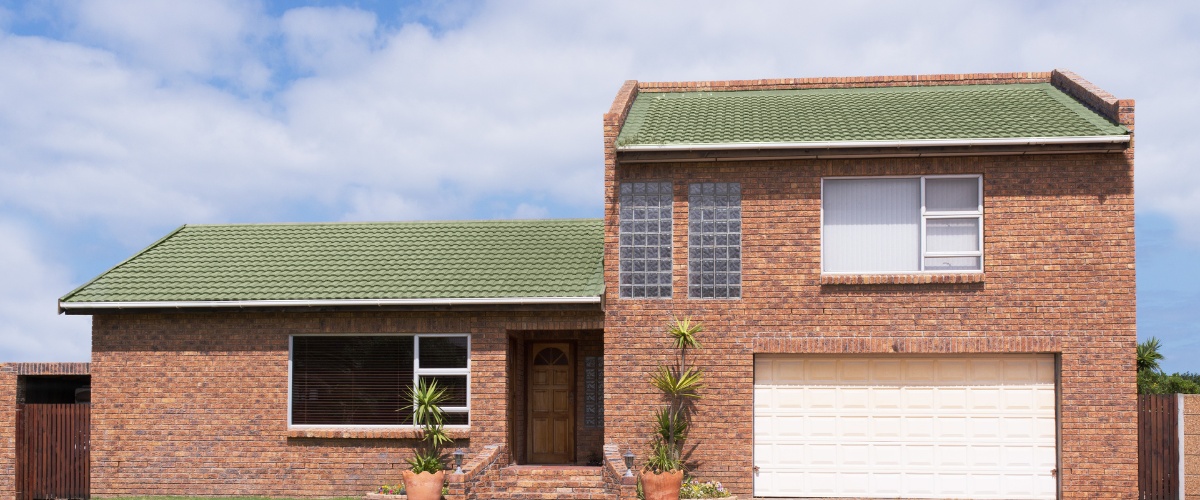Is your garage door making unwanted noise? Is it sticking, refusing to open or close smoothly, or even worse, posing a safety hazard? Don't let a malfunctioning garage door disrupt your daily routine or compromise your family's safety. This comprehensive guide will help you understand common garage door problems, explore professional repair services, learn valuable DIY maintenance tips, and determine when it's time to call in the experts.
Understanding Common Garage Door Problems
Garage doors, while seemingly simple, are complex mechanisms that require regular attention. Several issues can impact their functionality, causing noise, malfunctions, or even safety concerns. Understanding these common problems is the first step towards effective solutions. Whether you're dealing with a noisy garage door, a door that's come off its track, or struggling with opener malfunctions, this section provides valuable insights into identifying and addressing these challenges. Knowing the signs of a problem allows for timely intervention, preventing larger, more costly repairs down the line. Addressing issues like squeaky rollers, sticking doors, and rattling components is crucial for maintaining your garage door's efficiency and longevity. This leads to better residential garage door solutions and overall home safety.
Noisy Garage Doors
A noisy garage door https://privatebin.net/?4497993a9c6ab310#3rp7j8yU3xq3qNKEcxXXJP4xCESkGNehnnWXUTCdL8rw is often the first sign of trouble. This could range from a subtle squeak to a loud bang or rattle. Understanding the source of the noise is crucial to effective repair.
Causes of Garage Door Noise
Common causes include worn rollers, loose hinges, damaged tracks, or a failing garage door spring. The noise can vary depending on the damaged component - a high-pitched squeak might indicate dry rollers, while a loud bang could signal a broken spring.
Solutions for Noisy Garage Doors
Lubricating moving parts with a suitable garage door lubricant can often silence squeaks and rattles. If the noise persists, a thorough inspection of rollers, tracks, and hinges is essential. Replacing worn parts promptly is vital to preventing further damage.
Off-Track Doors
A garage door that's off its track is a significant problem, preventing it from opening and closing correctly, and potentially causing damage to the door itself.
Signs Your Door is Off-Track
Obvious signs include the door binding, tilting, or not moving smoothly. The door might also be making unusual scraping noises as it attempts to operate. A visual inspection of the tracks will confirm whether the door has derailing.
How to Fix Off-Track Doors
Minor track misalignments can sometimes be corrected manually. However, if the door is severely off-track or the tracks are damaged, professional assistance is recommended to prevent further damage and ensure safety.
Garage Door Repair Services
When DIY solutions aren't feasible or safe, professional garage door repair services provide expert assistance. These services cover a wide range of repairs, ensuring your garage door functions optimally. From replacing broken springs to realigning tracks, a professional's expertise guarantees proper functioning and safety.

Spring Replacement
Garage door springs are crucial components that bear considerable weight. A broken or weakened spring can pose a serious safety hazard. Professional replacement is essential for safety and functionality.
Roller and Track Repair
Worn or damaged rollers and tracks hinder smooth operation. Regular inspection and timely repair prevent further damage and ensure your door moves smoothly and quietly.
Opener Repair and Installation
Modern automatic garage door openers add convenience and security. If your opener malfunctions, professional repair or replacement ensures seamless operation and peace of mind.
DIY Garage Door Maintenance Tips
Regular maintenance significantly extends the lifespan of your garage door. Implementing simple preventative maintenance tasks can save you money on costly repairs in the future.
Regular Inspection Checklist
A routine inspection is vital for identifying potential problems early. This includes checking:
Component Inspection Frequency Springs Monthly Rollers Monthly Tracks Monthly Cables Monthly Hinges Monthly Lubrication Points Every 3 Months Safety Sensors Monthly
Lubrication Techniques
Regular lubrication keeps moving parts functioning smoothly, reducing noise and wear and tear. Apply lubricant to rollers, hinges, and tracks as needed, following product instructions.
When to Call a Professional
While some minor repairs can be tackled DIY, certain situations necessitate professional help. Never attempt repairs involving springs, cables, or high-tension components yourself. If you’re unsure whether you can safely fix a garage door problem, call a professional. Attempting complex repairs without the right skills and tools can lead to injury and further damage.
Frequently Asked Questions about Garage Door Repair
- What should I do if my garage door won’t open? First, check the power supply and ensure the opener is functioning. If it's not, check the manual release mechanism. If the problem persists, contact a professional. How often should I lubricate my garage door? Lubricate moving parts every three months using a garage door-specific lubricant. What are the signs that my garage door needs repair? Unusual noises, sticking or binding, difficulty opening or closing, and visible damage to components all indicate a need for repair. Can I fix a broken spring myself? No, attempting to fix a broken spring yourself is extremely dangerous. Professional help is essential.
Contact Us for Expert Garage Door Assistance
Don't hesitate to contact us for prompt and reliable garage door repair, installation, and maintenance services. Our team of experienced technicians is ready to provide expert assistance to keep your garage door operating safely and efficiently. We offer various service options to meet your specific needs and ensure lasting solutions for all your garage door problems.